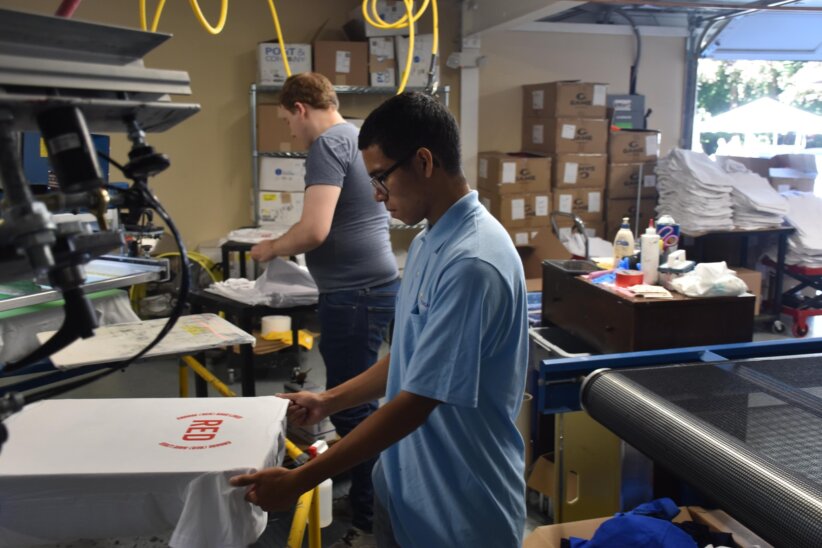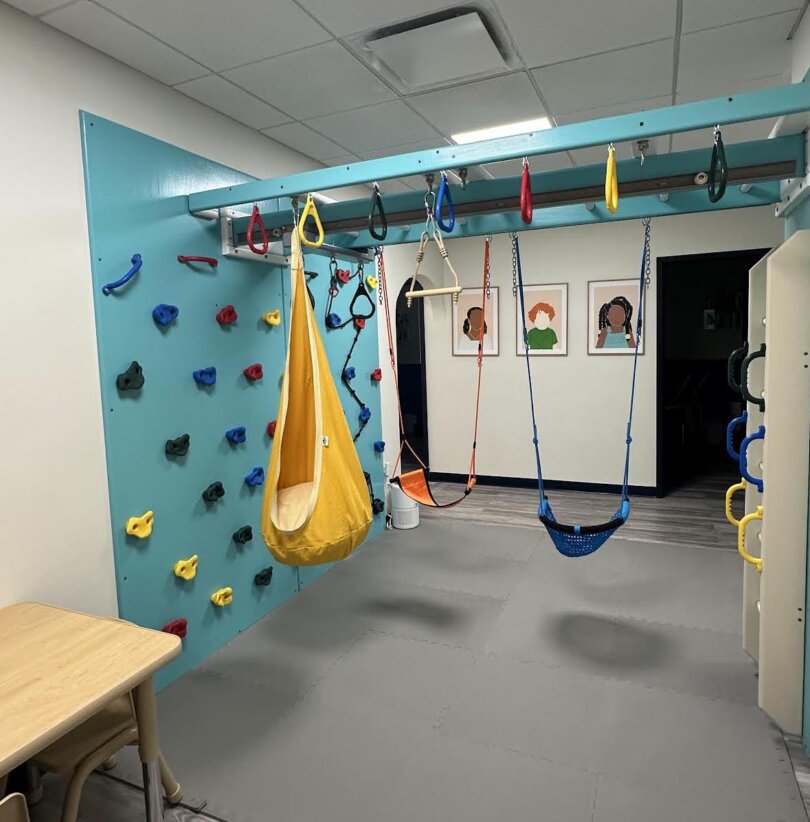Navigating the challenges that come with childhood and adolescence can be strenuous for any parent, but even more so for the parent of a child with special needs. Children with special needs often struggle to cope with stressors in their lives and, as a result, even a small, everyday “bump-in-the-road” difficulty can become a full-blown crisis.
Here are a few strategies that can decrease stress and help you prepare to manage your child’s behavior.
Set Boundaries and Expectations:
Clear communication of expectations – and the consequences of not meeting them – can minimize a child’s confusion or anxiety around decision-making. Develop expectations that are realistic and achievable, and stay consistent in their enforcement.
Establish a Routine:
If a child knows what to expect throughout the day, they become the masters of their lives and there is less time and effort spent on worrying about what’s next. Routines help a child feel more secure and can help them build self-discipline and confidence.
Redirection and Distraction:
Cited as a behavior support technique commonly used in residential treatment settings, redirection is a great tool for managing an escalating situation. If your child is struggling and emotions are heightened, redirect their attention to a more positive activity. Suggest taking a walk, playing a favorite game, or having a snack and revisit the issue once they are calm.
Give More Time and Simplify Directions:
Children with special needs often experience delayed processing and have trouble understanding directions or completing tasks in the same amount of time as peers. Allowing more time to complete tasks and providing simplified instructions can help a child feel more confident and experience less frustration, increasing his ability to complete the task.
Show Care and Encouragement:
It is important for all children to feel they are supported in their endeavors. By showing a child that you care when they are struggling, you help them feel more secure. A hand on the shoulder, a caring expression, or even just being in close proximity can make a big difference to a child.
Outside Resources and Support Systems:
It is equally important for parents to feel supported. Managing the behavior of a child with special needs is hard work and it is wise to utilize resources and people around you to help when it starts to feel like it’s too much. It is OK to have another trusted adult step in and intervene with the child, speak with people who work with or care for your child or turn to professionals for support and helpful advice. A good residential treatment program will encourage parents to utilize staff as a resource that can help if their child is struggling with difficult behaviors in the home.
– Green Chimneys Residential Unit Staff – Greenchimneys.org









